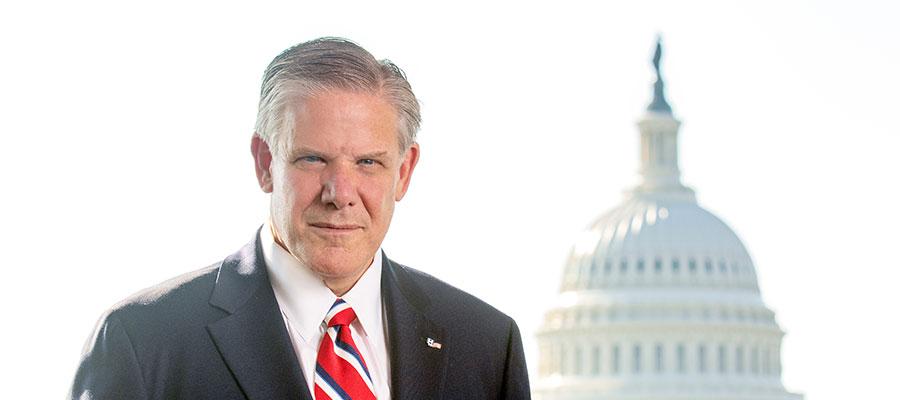Perspective: Critical Infrastructure Legislation Must Include Hospitals

When Congress returns to Washington, D.C., on Monday, lawmakers’ attention will turn to one of the largest infrastructure spending packages in our nation’s history.
The legislation that President Biden outlined last week would focus on the repair and replacement of roads, bridges and transit systems. We believe that any comprehensive infrastructure plan must also include hospitals and health care.
By any definition, hospitals are an integral part of America’s infrastructure. The battle against COVD-19 has reinforced the role of hospitals as a cornerstone of our communities, providing essential public services and society’s ultimate safety net in taking care of anyone who walks through our doors. Clearly, it is in the interest of our communities and our nation to keep hospitals strong. In fact, health care is one of the 16 critical infrastructure sectors designated by the Department of Homeland Security.
In a recent letter to President Biden, we identified the investments hospitals require to continue to meet the health needs of their communities and ensure they will always be there, ready to care.
Any infrastructure plan must include new investment in physical infrastructure, which requires upgrades and modernization — whether it is reconfiguring facilities to be more flexible to adapt during future emergencies, creating alternative care sites that are more convenient for patient access, or keeping pace with maintaining complex and costly mechanical systems, information technology, medical equipment and other hardware.
Beyond nuts-and-bolts upgrades, we are asking the Administration to work with Congress to address in this legislation other health care infrastructure needs. Hospitals need additional investment to help build their capacities for emergency preparedness; expand digital and data infrastructure; strengthen the health care workforce; secure the supply chain; and support expanded access to behavioral health, including substance use disorder services.
These actions represent a necessary investment in the future in the same way that roads and bridges do.
Name the emergency; hospitals are there. From COVID-19 to natural disasters, to responding to community violence, to nuclear, biological and chemical threats, Americans look to their hospitals and health systems as a place of care, comfort and refuge. In addition, hospitals are a source of jobs and economic stability in their communities, and often the largest employer.
President Biden’s infrastructure proposal is the opening chapter in a story that is undoubtedly going to have twists and turns throughout the next few months. What will Congress add, remove or change? Will support be bipartisan, or will reconciliation be used? What will be in part two of this economic package — expected to be released later this month — and will its provisions ride along with the traditional infrastructure package? And what, if anything, ultimately will become law?
Lots of questions right now, but our message is clear: It’s in the best interest of our nation for lawmakers to treat hospital infrastructure the same way they do roads, bridges and transit systems … as a sound and overdue investment in something society cannot do without.

